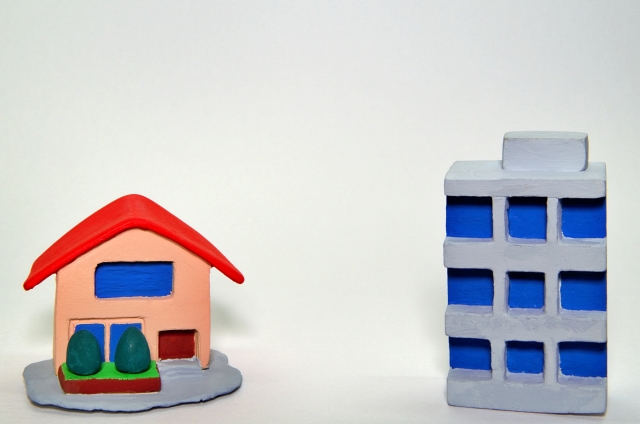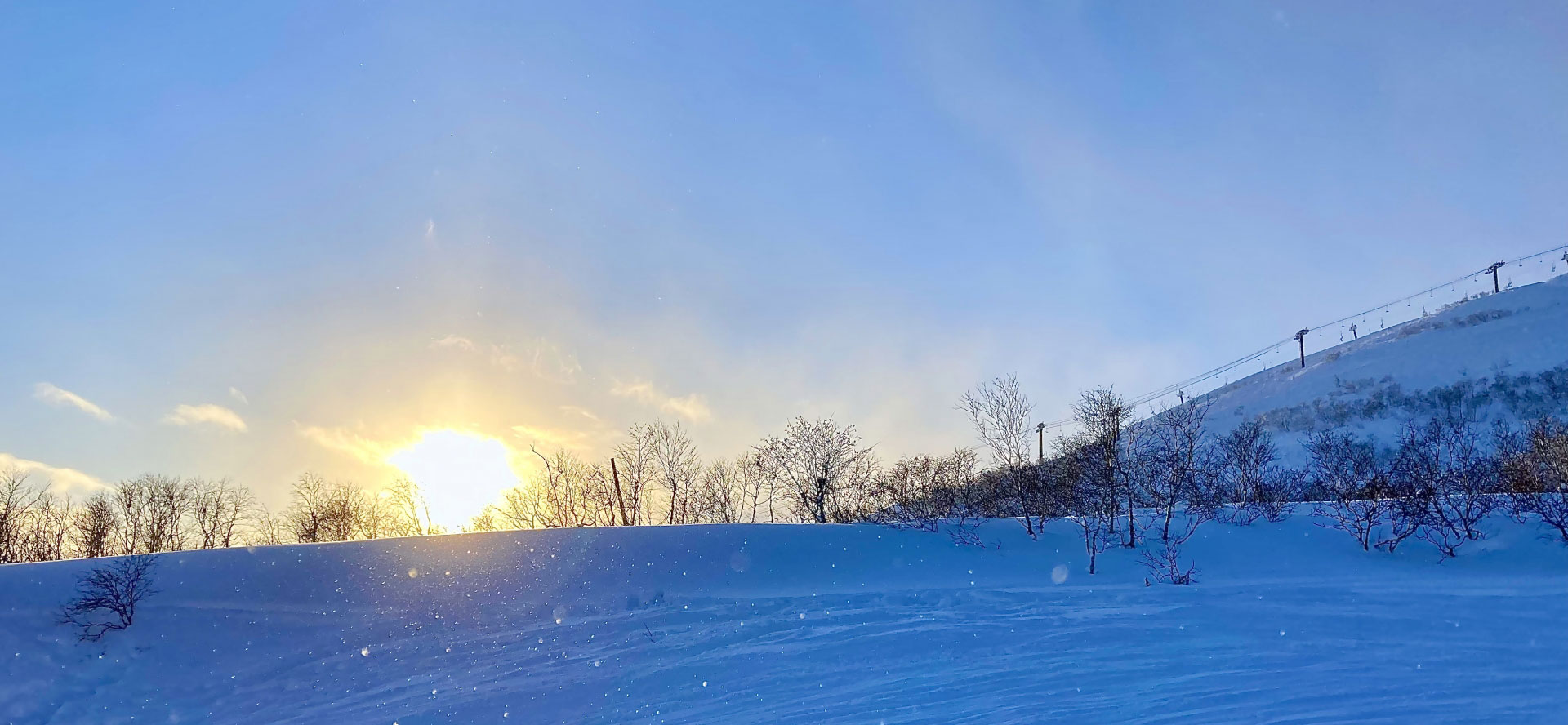I’m Takashi Akeyama, a representative of the Niseko VISA & Immigration Support Centre. As the only administrative office in Hokkaido specializing in VISA & Immigration and tourism, we help foreigners living in Hokkaido, mainly in Niseko, Otaru and Sapporo areas, to apply new or extend VISA, to change the status, such as working visas and spouse visas etc..
In this article, I will explain some important points regarding residence when applying for the status of residence family stay.
Family stay and residence
Generally, when inviting a foreigner to Japan, the first step is to apply to the Immigration and Residence Office for a ‘Certificate of Eligibility’. In this application form, there is a column to fill in for “relatives in Japan and persons living with them”. In particular, the ‘family stay’ status basically requires the person coming to Japan to live together with and be supported by the person who is bringing them to Japan. It is different from other work-related statuses of residence. Therefore, the ‘person living with you’ and their ‘residence’ in the application form are important checkpoints in the process. The following is an explanation of what to look out for regarding the person living with you and the residence.
Persons living together.
The first step is to fill in the column for ‘relatives living in Japan and persons living with you’ on the ‘Application for Certificate of Eligibility’. If you have any cohabitants or relatives living in Japan, please remember to fill in the form correctly and do not leave anyone out. In particular, if the person living with you is a foreigner, it is highly likely that he/she has already been reported in another application to the Immigration office. The immigration officer will therefore know exactly who lives at that address. So, if an application is made that differs from what has already been notified, which is correct? and you will be asked to provide additional documents or explanations during the application process. Of course, if you respond to the additional explanations and report the correct information, that is still fine, but until you prepare and submit these documents, the examination procedure will come to a complete halt, and it will take longer to get the results. It is important to provide all the correct information from the beginning in order to get a quick result.
Residence
Who is the owner or contractor?
The next point to be checked is who is the owner or contractor of the residence where the applicant (the person bringing the applicant) and the person coming to Japan intend to live. The following points are also subject to check.
(1) If the property is in your name
If the property is owned by the applicant or rented by the applicant as the contractor, the certificate of registration of the property or the rental agreement with the landlord can be submitted to show that the dwelling is owned or rented in the applicant’s name.
(2) In the name of another person
If the property is owned by someone else, or rented by someone else as a contractor, other than the applicant, a certificate of registration of the property or a lease agreement with the landlord should also be submitted as optional documents. It should explain who the owner/contractor of this property is and what the relationship is between this person and the applicant. For example, if the applicant lives with his father in a house owned by father and wants to invite the applicant’s children to live with him using the status of residence ‘family stay’, he should explain that the house is owned by his father, who is his grandfather.
Is there enough space and living environment for the people you are inviting to live in?
With regard to housing, it is also important to ensure that the house is large enough and in an environment that is suitable for living together, including the newcomer from abroad. In particular, you need to be careful if you are living with friends or other non-family members, or if you have many relatives or other family members living with you. For example, in the case of an application where three men are living in a one-room flat of about 20 square metros, and one of them bring his married wife there from abroad, everyone will wonder, “How are they going to spend their honeymoon in this small house with two strangers?” In such cases, the couple plans to move out when the wife arrives in Japan, or that two other men are planning to move out by the time his wife arrives in Japan, before the immigration officer points this out to you.
If you explain this in advance at the application form, before the immigration officer points this out, you may be able to avoid additional explanations and requests for documents. Even if they are family members or relatives, if the application is for a two-bedroom house of 50 square meters, where the grandparents, the couple and their two children live together and furthermore the applicant’s siblings (the grandparents’ children) are invited to live in the house, everyone must be wondering: “How are seven people going to live in this house? Isn’t it too small?” In such cases, a floor plan of the current dwelling and photographs of the rooms are submitted as optional documents at the time of application to explain the situation to the immigration officer.
Summary.
When inviting family members to Japan based on the status of residence “family stay”, it is necessary to explain to the immigration officer that the living environment is good enough for them to live with the inviting person and be supported by them.
If it is impossible to live together, the precondition for family residence will be broken and the applicant will be suspected of violation of activities outside the status of residence or illegal employment, which may lead to the application being rejected. The documents explaining about the residence are not listed in the required documents on the web site of immigration office, but it is advisable to submit them at the time of application as optional documents to provide a supplementary explanation of the residence, as this will facilitate the examination process and help to obtain permission quickly.
The Niseko VISA & Immigration Support Centre help and support foreign nationals who are trying to overcome language, cultural and custom barriers and live as a member of Japanese society. If you have any questions or enquiries about this article, or about the status of residence ‘family stay’, please feel free to contact us by phone or via the ‘Free Consultation Form’ on our website.




